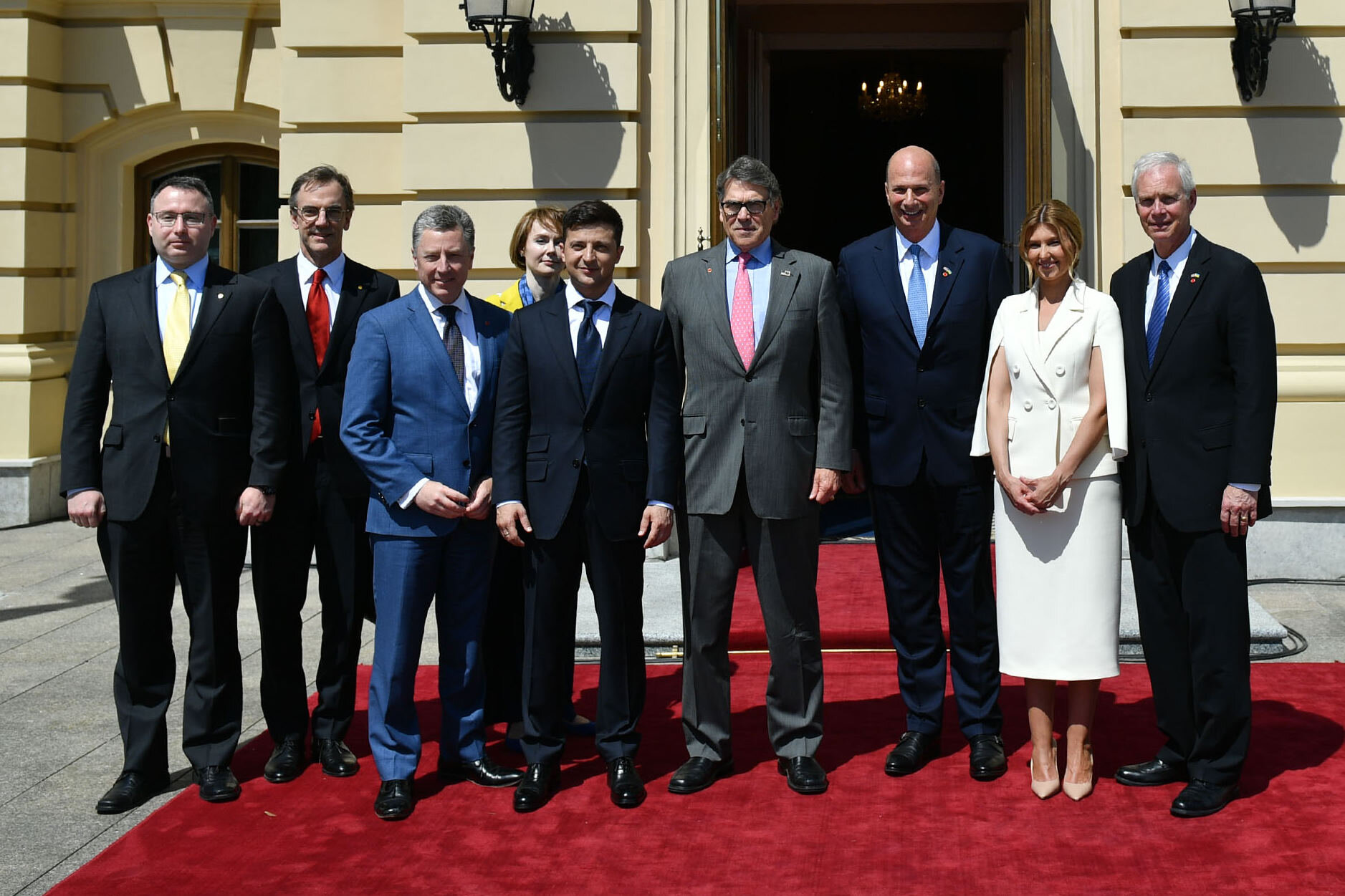Ukraine Holds Local Elections, Dealing Blow to Zelensky’s Party
President Zelensky’s party, Servant of the People, fared worse than expected in local elections. (Wikimedia Commons)
Ukraine held local elections on October 25, with Ukrainian President Volodymyr Zelensky’s party performing worse than expected. Most of Zelensky’s hand-picked mayoral candidates lost to the pro-Russian Opposition Platform. As a result, Zelensky’s Servant of the People party will likely not be represented in the regional assemblies and governing parties of Ukraine’s major cities.
This election marks a shift in the balance of power between local and national Ukrainian authorities. Local authorities will now manage their own communities’ budgets and allocate funds accordingly. More than 2 million hectares of agricultural land were also transferred to local communities to be managed by their elected officials.
Voter turnout was extremely low at only 37 percent, a 10 percent decline from the 2015 election. This demobilized electorate coupled with the electoral losses for the Servant of the People Party imply that Zelensky’s support has declined significantly from the time of his landslide victory in 2019.
Though international observers described the election as “well-organized and transparent,” they criticized Zelensky for using opinion polls at the polling stations. The five-question poll included questions on the legalization of medical marijuana and the reduction in the number of Members of Parliament to 300.
The Organization for Security and Cooperation in Europe Office for Democratic Institutions and Human Rights called the nationwide survey an “undue political advantage” that “blurred the separation of state and party.” Moreover, the opposition parties criticized the move as an effort by Zelensky to invigorate his party base.
The election also encountered issues with alleged election interference by Hungarian officials after Hungarian Foreign Minister Peter Szijjarto used social media to voice his support for the Hungarian Cultural Federation in Transcarpathia candidates in the Zakarpattia Oblast region, which borders Hungary and contains a sizable Hungarian minority. Ukraine’s foreign ministry delivered a note of protest to the Hungarian ambassador and claimed that this action violates Ukrainian law.
Kyiv banned the entry of Szijjarto and another unnamed Hungarian government official as a result of the incident. In response, Szijjarto called the entry ban order “pathetic and nonsense” and said that Kyiv has shown that they are “willing to give up on continuing its previous efforts toward European and Euro-Atlantic integration.”
Tensions over rights of the minority community of 150,000 ethnic Hungarians in Ukraine have escalated over the last several years. In 2017, Kyiv passed a law that restricted the use of minority languages in schools, prompting backlash from Budapest, which threatened to block Ukraine’s NATO accession.

